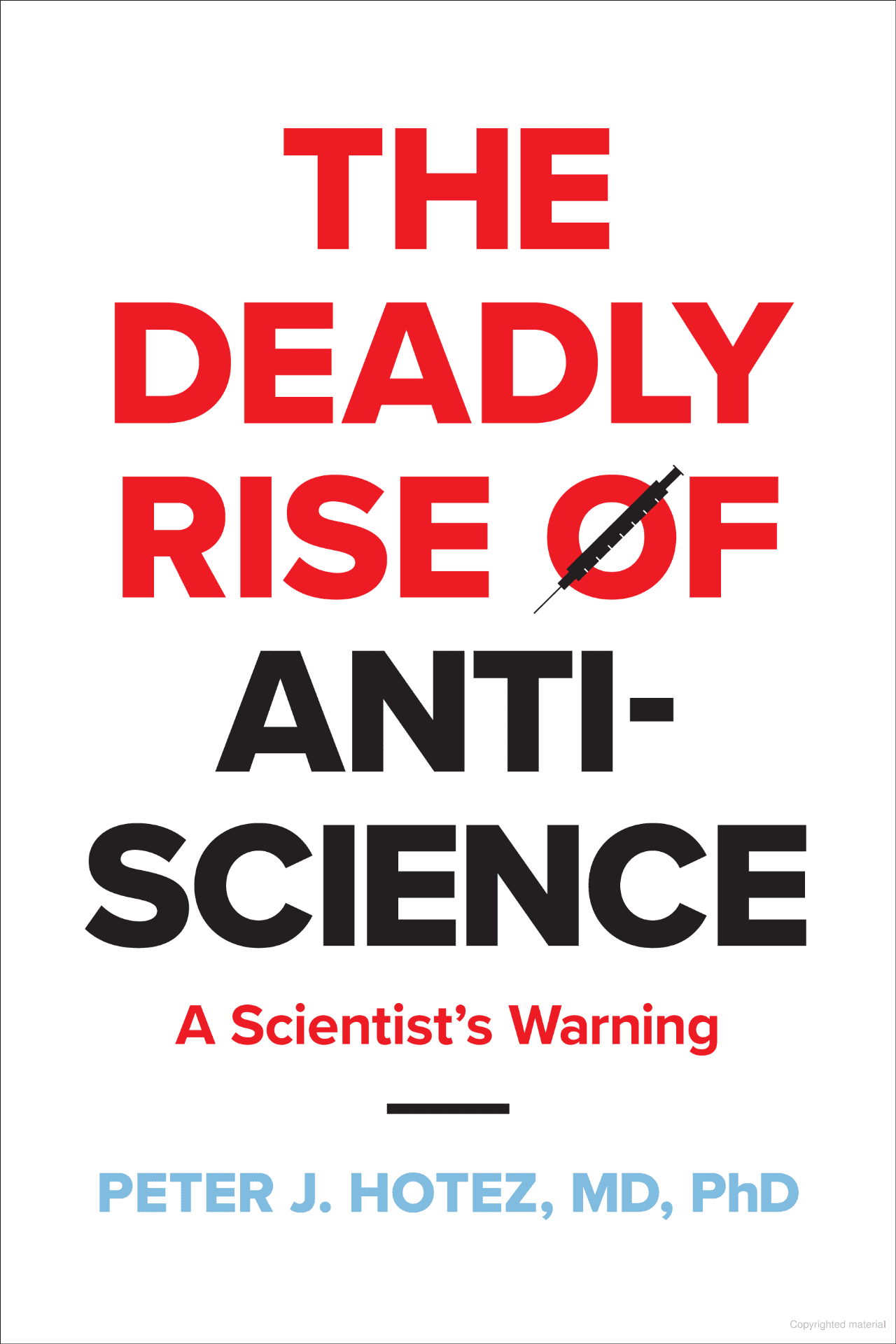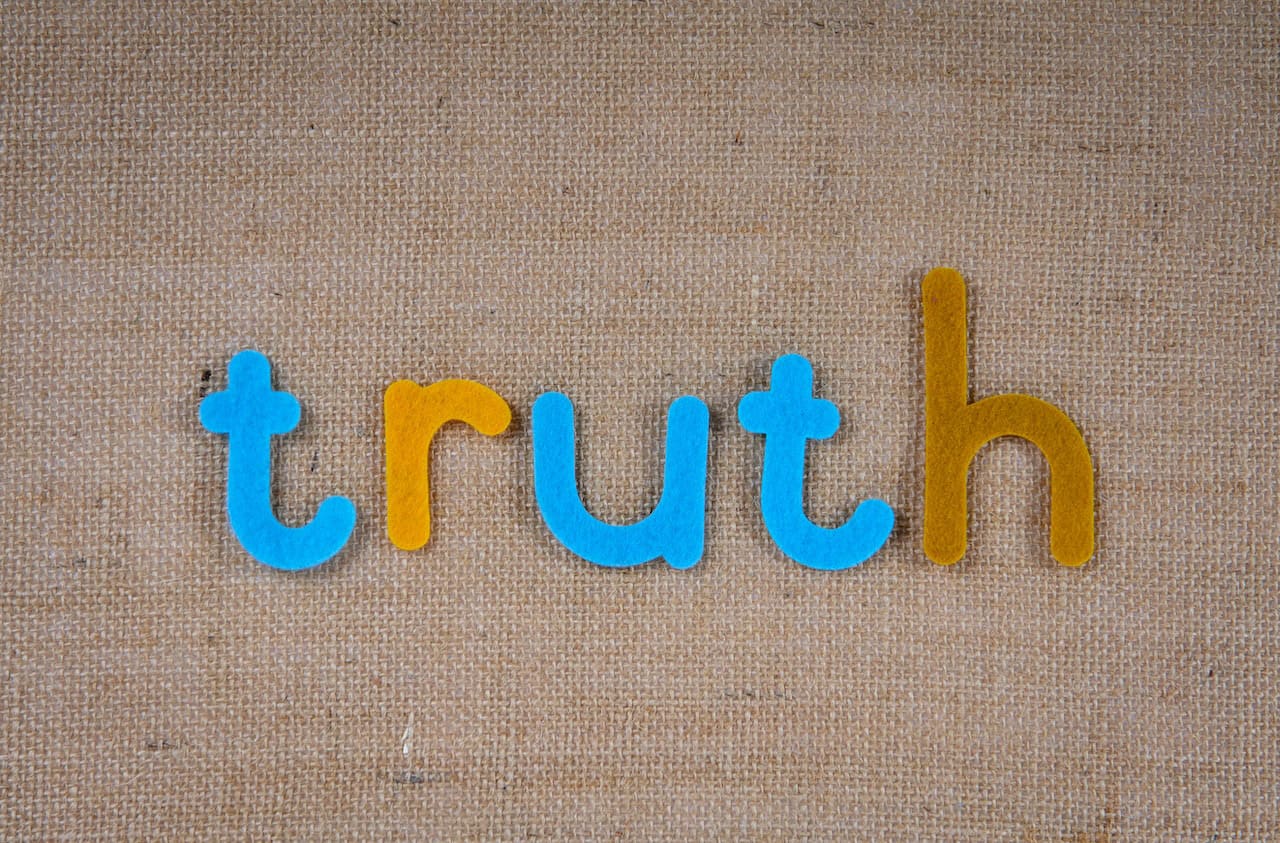I am exceptionally grateful for the outstanding speakers who shared their knowledge and wisdom with us at CAHSPR 2023. In the session “Protecting Truth and Science in an Age of Misinformation” we had a dynamite panel with Dr. Steini Brown, Dr. Jillian Horton and Dr. Peter Hotez, who delved into this subject and left us with much to ponder, which I have been doing. I have just finished reading the new book, written by Dr. Hotez, The Deadly Rise of Anti-Science (widely available now in Canada). I encourage you to read it if you are interested in the role of scientists in protecting the truth – it is a subject that touches everyone in the health services and policy research community.
The pandemic created the greatest demand ever for scientific evidence by a broad range of stakeholders ranging from politicians and scientists through to activists, students, and the general public, and that is a good thing. However, with this heightened search for evidence came a parallel proliferation of mis/disinformation. It has certainly been like nothing I have seen before in my career. With the growth of that misinformation and the resulting mistrust, some fundamental societal changes were taking place. Public health has historically been able to rely on a set of societal norms that meant most people would respond by taking the actions advised by credible experts. They did so out of a sense of responsibility for themselves, their families, and their communities. A change bubbled to the surface during the pandemic where for some, individualism and individual freedoms trumped a sense of community responsibility. Conspiracy theories, enough to make my head spin, have become the fodder that feeds the mistrust of individuals and groups in this age of misinformation and anti-science.

As I watched many prominent scientists being targeted, ridiculed and harmed especially on social media, I questioned how this could be happening to such accomplished people who had dedicated their careers to saving lives. Every time their advice or position changed, they were attacked. The true meaning of science seems to have been lost on the purveyors of misinformation. The process of science is an iterative one, always circling back on itself, always asking more questions, and always being open to changing the conclusion based on emerging, new, or evolving evidence. I watched as people seemed to look for and revel in “gotcha” moments directed at scientists who changed their opinion based on updated information. Science is a continuous quest to understand by gathering new data to advance understanding. Science is at its best when we encourage inquiry and exploration that allows us to challenge prevailing theories and change positions.
Dr. Hotez is an internationally recognized vaccine expert who has taken a stand that I admire because it is one that insists on telling the truth, and protecting science despite the harms that are inflicted on him personally. For me, the most sobering part of his very relatable book is the tremendous loss of life that occurred and could have been prevented had people not been swayed by those who were spreading lies and misinformation about vaccines and public health measures. He estimates there were more than 200,000 avoidable deaths in the United States alone – just let the sadness of that number sink in.
In this era when truth, evidence and science are, to put it bluntly, under attack, it is important that we share lessons and provide support in our health services and policy research community. The book concludes with some very helpful recommendations about how to combat misinformation individually and more broadly he advocates for organized supports from scientific organizations and associations to equip and protect scientists who are working to defend science.
I would love to hear what you think about this topic and the book – it’s an issue we all grapple with. I will leave you with an insight from Linus Pauling who said, “Science is the search for truth – it is not a game in which one tries to beat his opponent, to do harm to others.”


